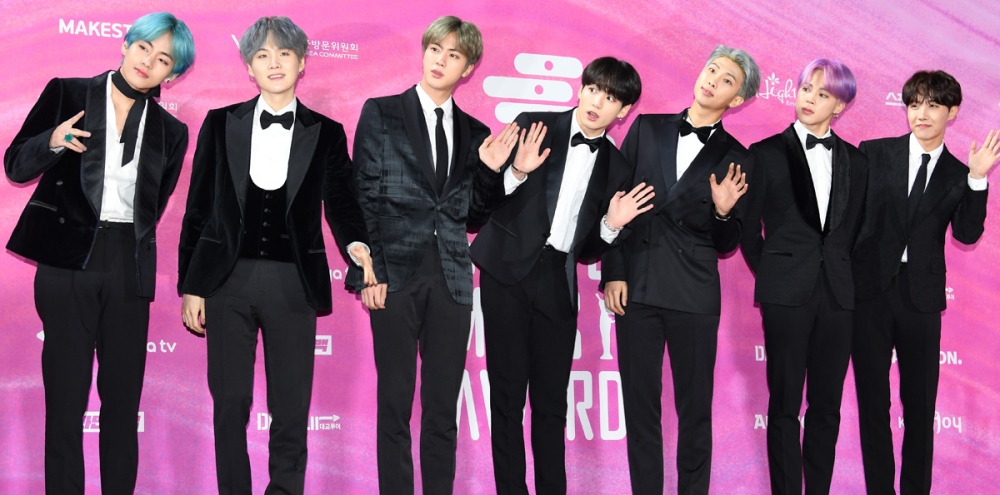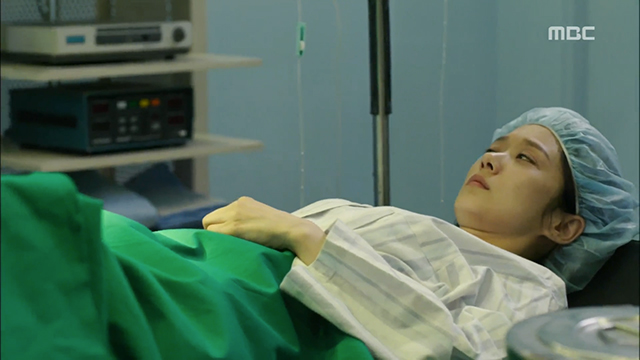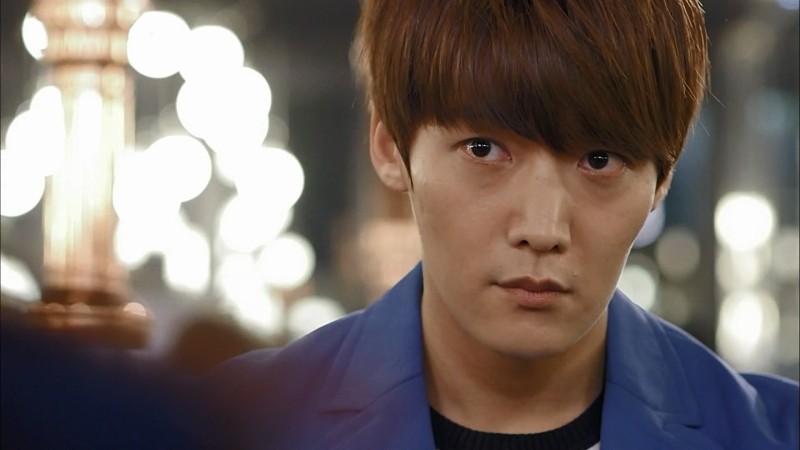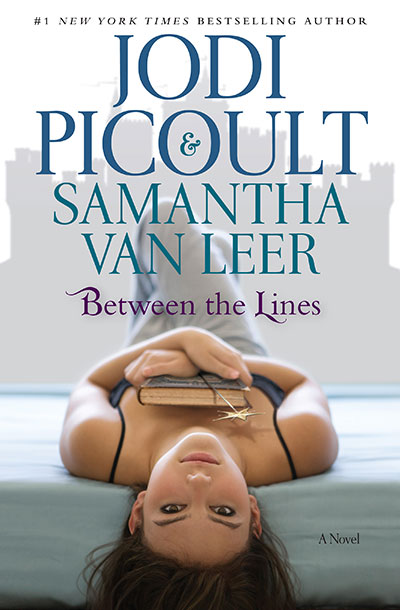If This Weren’t So Wildly Off Base…
…I’d be more worried – and I’m still worried because I’m sure most people watching this won’t have any idea what’s wrong with this! And it can spread incorrect ideas!
I….literally last Friday after I posted my Quick Takes about “Angel’s Last Mission: Love” it got even more wildly theologically inaccurate and problematic, in a particularly horrifying way.
Spoilers ahead for those who care!
Main character Kim Dan is an angel responsible for sending animals to heaven (?) who constantly causes trouble in the way he does this (??), and finally saves the life of human Yeon Seo, which he’s not allowed to do (???). He’s about to be turned to dust (!) except that all the animals and people he’s saved due to his disobedient, troublesome antics (!!) have made prayers of thanksgiving, so he gets one last mission so he can go to Heaven instead of getting Thanos’d: help Yeon Seo find love.

Of course he falls in love with her as he’s not supposed to, and we find out another angel, now by the name of Ji Kang Woo, fell in love with Yeon Seo’s doppelganger years ago. He was an “angel of art” who was supposed to inspire artists, and fell for this ballerina, specifically told God he couldn’t give Him all his love now (!), and asked Him to bless their relationship since God had clearly led him to her (!!), and then proceeded to have a face off with two other angels (!!!) who rightly told him God’s will is more important than our feelings. He replies that God is cruel, why did he give him a heart to love in the first place (!!!!). The other angels pull a gun on him (?!?!?!) and tell him he’ll lose everything else he loves, while Yeon Seo-doppelganger – who can see nothing of the other two – runs to him and promptly gets shot and dies.
Cue montage of Kang Woo trying to kill himself and failing because he’s an angel.

Even putting aside that God doesn’t dust anyone for their sins, faults, and mistakes…
There are SO. many. things. wrong with this. I’m no angelology expert so if I say something wrong, please please please correct me. I don’t want to lead anyone astray – which is why I’m gonna try to stick with what’s in the Catechism here.
The whole angel-human forbidden romance thing is just flat-out antithetical to what it means to be an angel. Angels aren’t humans, they love and serve God, they don’t have a body and as far as I know, no feelings. Again, as far as I know, their choice to serve God or not, if we have to speak in terms of time, has already been made. So, it’s not simply that such a romance is forbidden as it’s literally impossible.
The Catechism reads,
With their whole beings the angels are servants and messengers of God. Because they “always behold the face of my Father who is in heaven’ they are the “mighty ones who do his word, hearkening to the voice of his word”[…] As purely spiritual creatures angels have intelligence and will: they are personal and immortal creatures, surpassing in perfection all visible creatures, as the splendor of their glory bears witness…Christ is the center of the angelic world. (CCC 329-331)
Angels are spirits, not corporeal beings, and they have “intelligence and will” – nothing about heart or feelings or anything in that way human. They are also God’s servants and messengers and have Christ as their center – and they ALREADY see God. They’re not on a mission to get to Heaven – that’s us, humans.
Not to mention that rejecting God is a sin and was the sin of Satan and the other fallen angels who followed him. Again, we have the Catechism:
Behind the disobedient choice of our first parents lurks a seductive voice […] a fallen angel, called “Satan” or the “devil”[…]Satan was at first a good angel, made by God […] Scripture speaks of a sin of these angels. This “fall” consists in the free choice of these created spirits, who radically and irrevocably rejected God and his reign […] It is the irrevocable character of their choice, and not a defect in the infinite divine mercy, that makes the angels’ sin unforgivable. “There is no repentance for the angels after their fall, just as there is no repentance for men after death. (CCC 391-393)
Meaning, if we assume that Kim Dan and Kang Woo truly are angels (despite evidence to the contrary), that makes what they’re doing even worse: they’re freely, irrevocably rejecting God’s will – truly becoming fallen angels. And we’re meant to sympathize with them because they’re “falling in love.”

Well isn’t that just fantastic.
All I can say is please, DO NOT WATCH THIS SHOW. Perhaps it’s hypocritical of me to say and do, but I’m going to finish it because I want to, and because I want to see where it goes, but I am NOT RECOMMENDING it. I’m just writing this post since I already mentioned the show and don’t want people who read my blog to think I’m endorsing the ideas it contains and/or promotes. And also to help better inform people about what the Church actually teaches about angels.
It’s such a shame because the acting and the basic premise of the story are actually quite compelling – Myung Soo’s acting has improved dramatically (ha), Shin Hye Sun can pull off a multitude of characters, and every time I see Lee Dong Gun in something (a grand total of twice) he’s intense and I love his acting.






